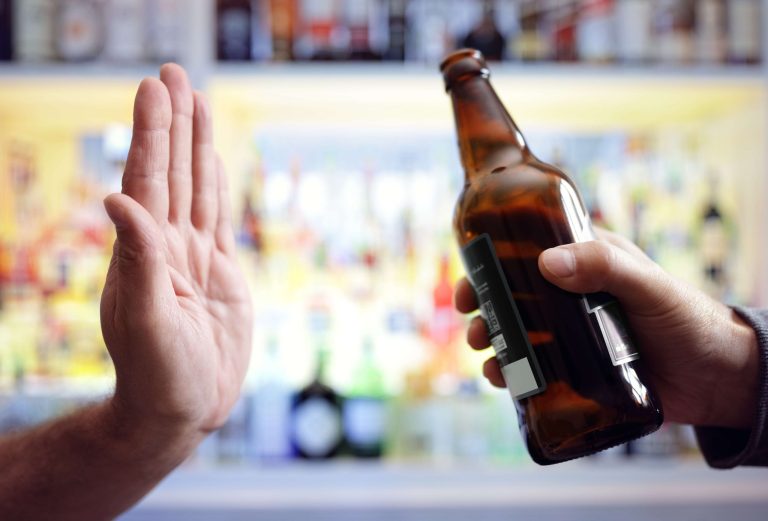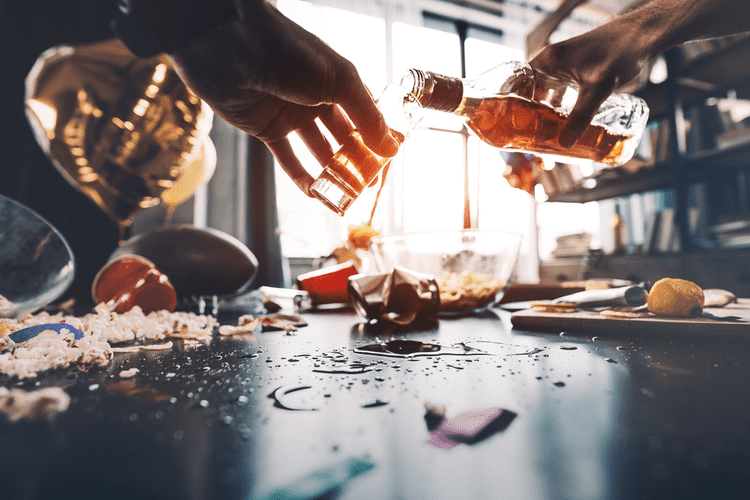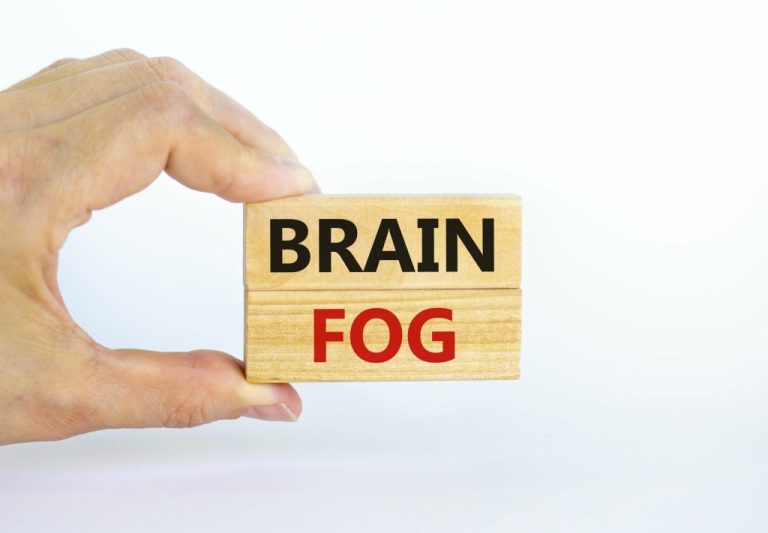However, we attempted to overcome this issue by investigating the role of lifestyle factors on next day’s GI symptoms. Because symptoms related to alcohol are often observed the following day, this approach works well for investigations regarding alcohol. Overall, a primary strength of our study is our prospective data on daily cigarette, alcohol and caffeine intake, as well as prospective ascertainment of GI symptoms. Alcohol and its metabolites are known to affect the GI tract motility, absorption, and permeability. Patterns of alcohol consumption did not differ between IBS patients and controls (Table 2).
Legal Conditions and Terms
In the most severe cases, patients may suffer organ failure in the pancreas and possibly other organs, such as the colon and kidneys. You also have to consider things like quantity consumed, weight, gender, metabolism, and severity of gut issues. If you’re struggling with constipation, you can do a few things http://journalisti.ru/?p=41807 to ease your symptoms. Alcohol can also contribute to leaky gut, a condition where gaps in the intestinal wall allow bacteria and toxins to enter the bloodstream. Alcohol irritates the gut, causing inflammation in the lining of the intestines, which stops the gut from absorbing nutrients as well as usual.
Shaking After Drinking: A Quick Guide to Causes and Solutions
Since withdrawal starts within four to six hours after you stop drinking, these symptoms can appear to be part of the withdrawal process and may last for hours. If you experience constipation during the withdrawal process, focus on becoming hydrated. However, constipation isn’t only caused by drinking too much alcohol. If you drink specific types of alcohol, you’re more likely to experience constipation.
Can Alcohol Aggravate IBS?
While drinking alcohol is generally not listed as a cause of constipation, it can alter how the GI tract and other organs function, which may lead to constipation. It is possible to stay hydrated when drinking alcohol by drinking at least one glass of water for each serving of alcohol. Staying hydrated when drinking alcohol is one of the best ways to avoid dehydration.
- Which treatments are used will depend on the severity of the symptoms.
- Follow these tips to keep your gut microbiome—and the rest of your body—in balance.
- When you drink alcohol, it’s more difficult for your body to release vasopressin, which is a type of hormone that makes it possible for your body to keep water from exiting when you urinate.
- If diarrhea lasts longer than 48 hours, it can cause dehydration and other potential health problems.
- But it’s not just heavy drinking that can lead to digestive issues.
If diarrhea lasts longer than 48 hours, it can cause dehydration and other potential health problems. They might need an oral rehydration solution to replace lost salts and electrolytes. To limit the effect of alcohol on the stomach and gut, it is advisable to eat beforehand rather http://sdelaysam-samodelki.ru/video-uroki/606-cvetochnye-shary-iz-polimernoj-gliny.html than drinking alcohol on an empty stomach. Food can slow the absorption of alcohol and inhibit it coming into contact with the stomach lining. In this article, we explain how alcohol may affect the bowels, how to prevent these effects, and how to promote regular bowel movements.
Best Vitamins for Hair Growth That Actually Work
If you have AUD and go through withdrawal, drinking alcohol might also result in flareups of any existing bowel conditions you have. Some alcoholic drinks have more of an effect on the body than others. The more a person drinks, the more likely they are to experience such effects. Eating a meal before drinking alcohol and drinking in moderation can help protect the gut and allow more regular, healthier bowel movements. Gas, bloating and constipation can be troubling, but they’re often just normal parts of life and health and may be nothing to worry about. If you’ve been feeling plugged up, you may just need a few lifestyle adjustments to get things moving more smoothly again.
Does alcohol make you poop?
Hard poop develops when there’s not enough water in your stool. You might not have enough water in your stool if the stool takes too long to travel through the digestive system. As your stool spends more time in your intestines, your http://www.ourpeople.ru/?act=poem&list=1438 colon absorbs more water than usual from the stool, resulting in hard, dry, lumpy poop. A lack of dietary fiber, fluids and exercise can cause constipation. But other medical conditions or certain medicines may be the cause.



